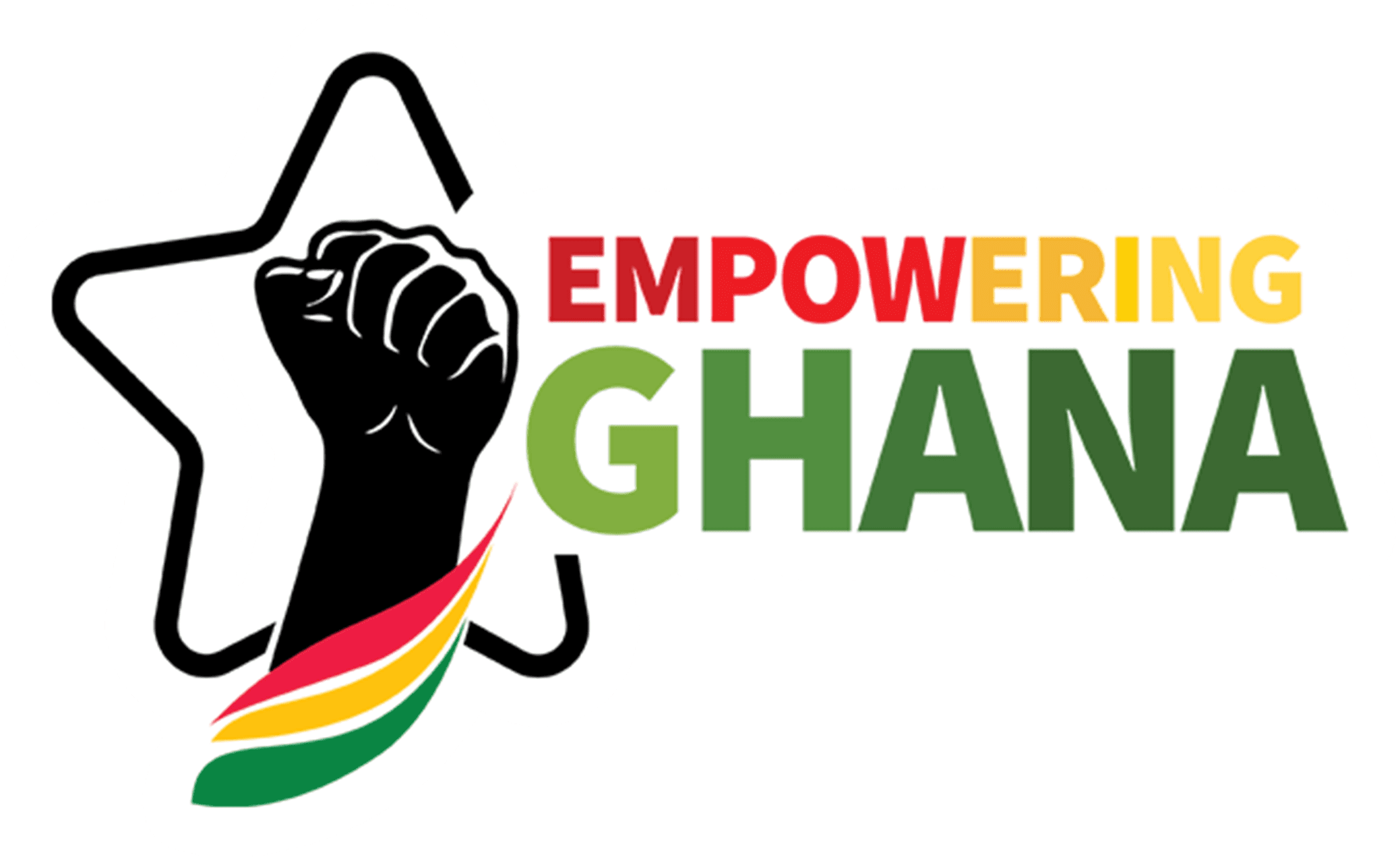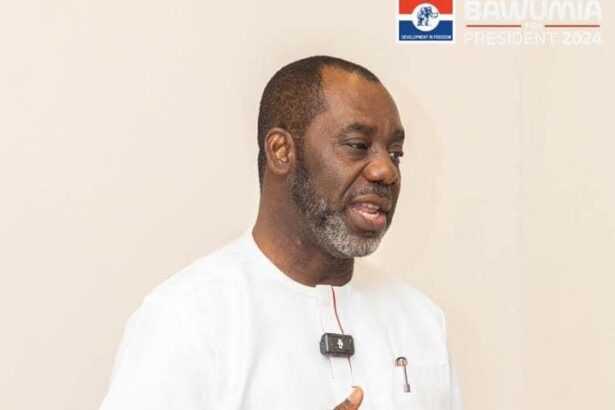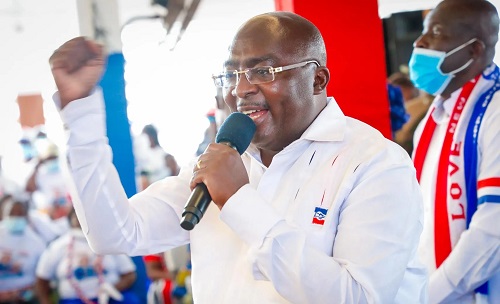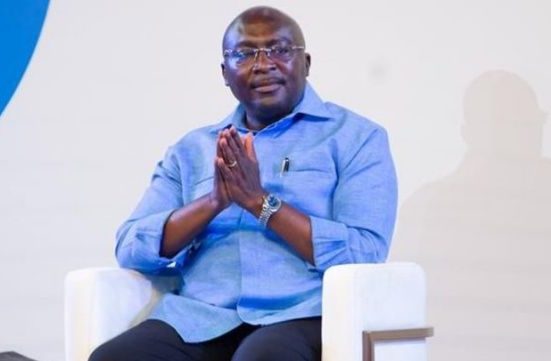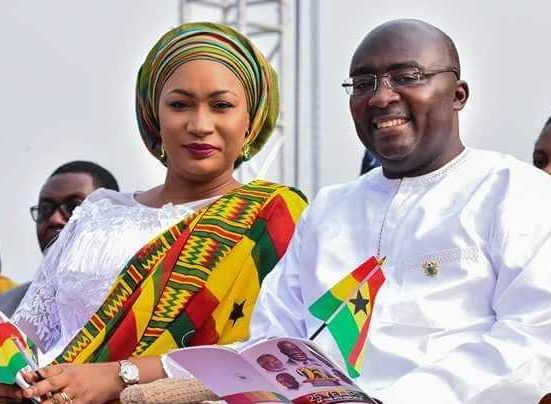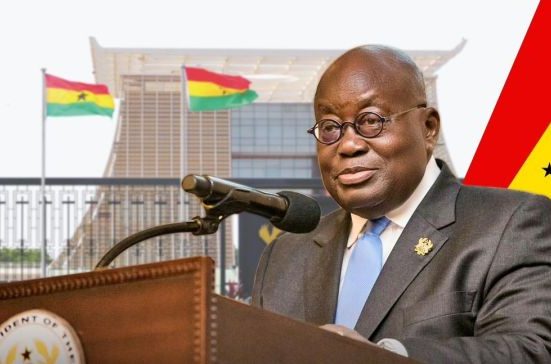The Minister for Works and Housing, Kojo Oppong Nkrumah, who also serves as the Vice Chair of the NPP’s Manifesto Committee, has emphasized that the Bawumia-led administration will prioritize job creation and economic growth should the New Patriotic Party (NPP) win the upcoming general election.
During the Election 2024 Dialogue held at the Ghana Institute of Management and Public Administration (GIMPA) on October 3, 2024, Oppong Nkrumah outlined the NPP’s vision for the country under Dr. Bawumia’s leadership.
He highlighted Dr. Bawumia’s goal of transforming Ghana’s economy by shifting focus from the export of raw materials to value addition and industrialization.
Oppong Nkrumah explained that this approach would drive job creation, particularly for the youth, and ensure sustainable economic growth.
He also noted that the NPP’s manifesto includes initiatives like creating technology hubs and industrial parks, which will foster innovation, attract investment, and support small and medium enterprises (SMEs). These efforts, he said, would be central to securing Ghana’s place in the global economy.
In addition, Oppong Nkrumah stressed that a Bawumia-led administration would continue advancing the ongoing digitization efforts to formalize the economy and enhance government revenue collection.
He pointed to existing gains through digital initiatives like mobile money interoperability and the Ghana Card, emphasizing that the next phase would further integrate these innovations into financial systems to support businesses and create more jobs.
The minister also touched on governance reforms that would improve transparency and efficiency, ensuring public officials are accountable and rooting out corruption in all levels of public service.
Affordable housing was another key area of focus, with plans to expand housing initiatives through public-private partnerships aimed at addressing the housing deficit, particularly for low and middle-income Ghanaians.
Oppong Nkrumah further reiterated that youth employment remains a top priority, with educational reforms and entrepreneurship programs designed to equip young Ghanaians with the skills needed to succeed in the evolving economy.
